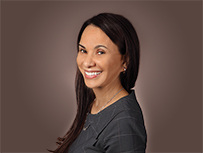Toastmasters founder Ralph C. Smedley said it best when referring to the ripple effect that membership in Toastmasters can have on those around us, on our local communities and on the wider world:
“While most of us may have entered Toastmasters to learn to make speeches, that benefit is but the beginning of the good which may come to us, and the good which we may do for mankind” (Toastmaster magazine, February 1955).
The members profiled here have lived up to that high ideal Smedley prescribed. All have dedicated their lives or careers to humanitarian work designed to fight injustice or discrimination, to help populations afflicted by natural disaster or violence, and to build a better understanding among people from different cultures.
These individuals have applied lessons they learned as Toastmasters to improve the impact of their humanitarian efforts—and they have learned a great deal in so doing. Here are their stories.
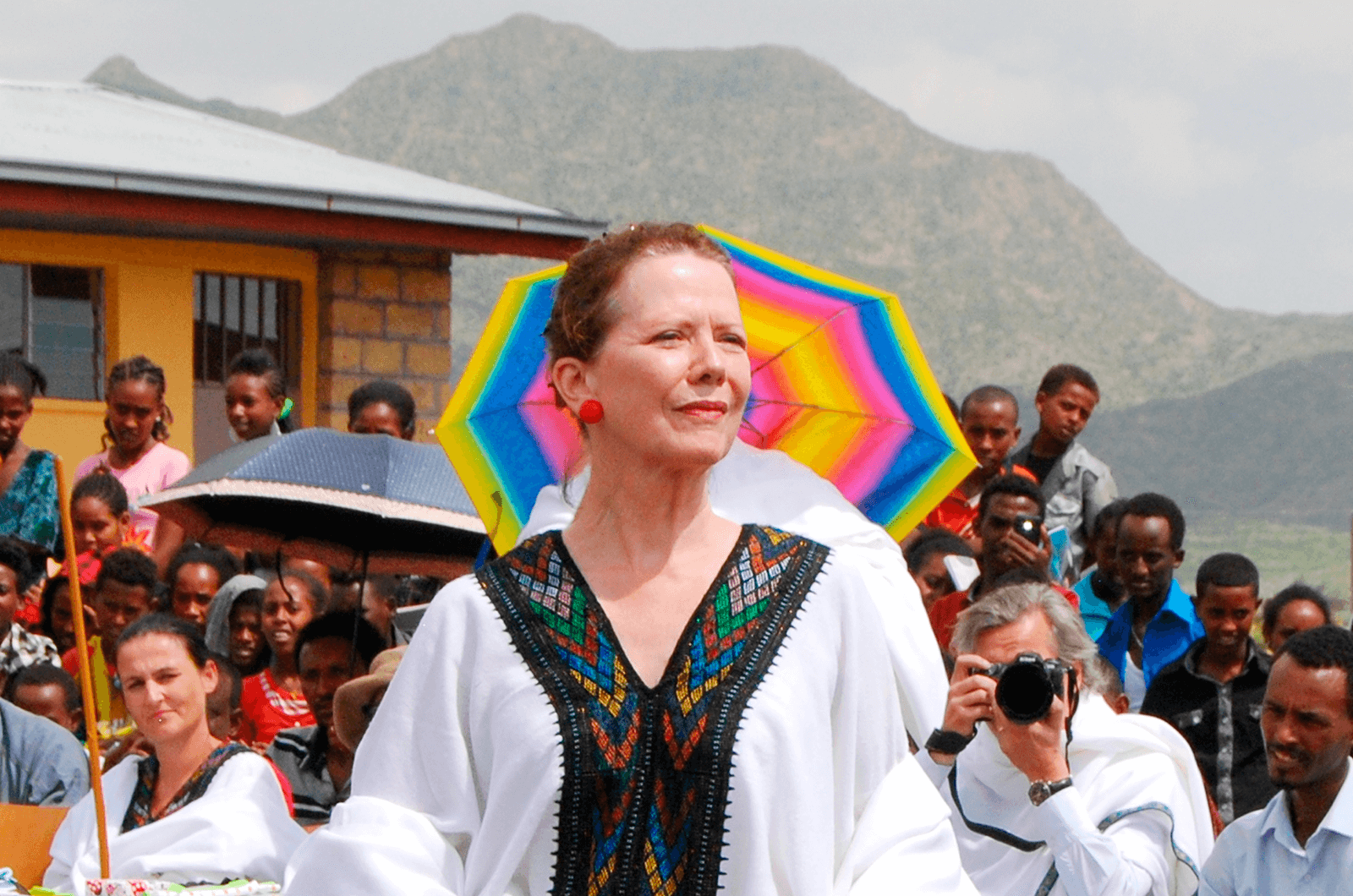
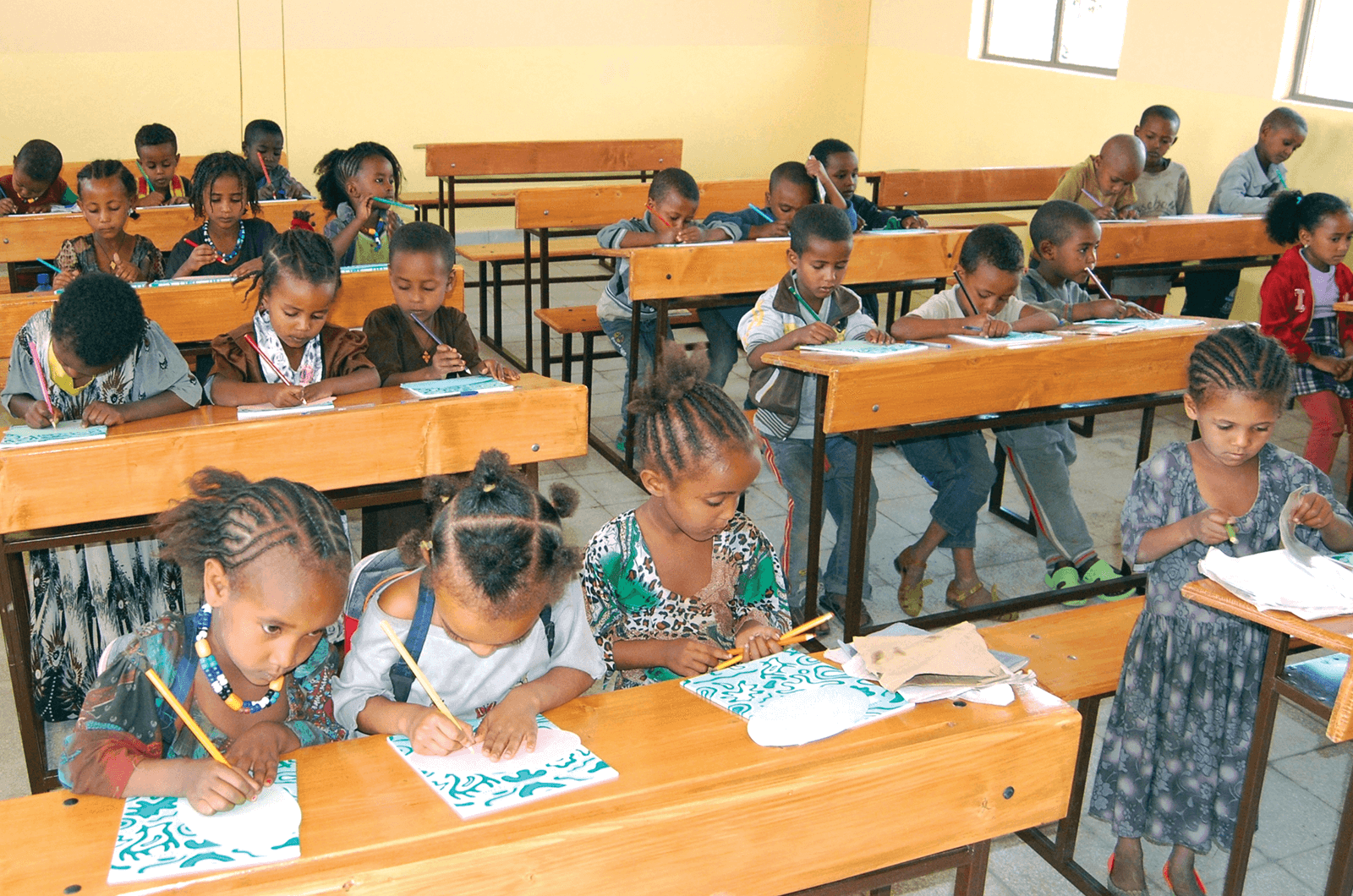
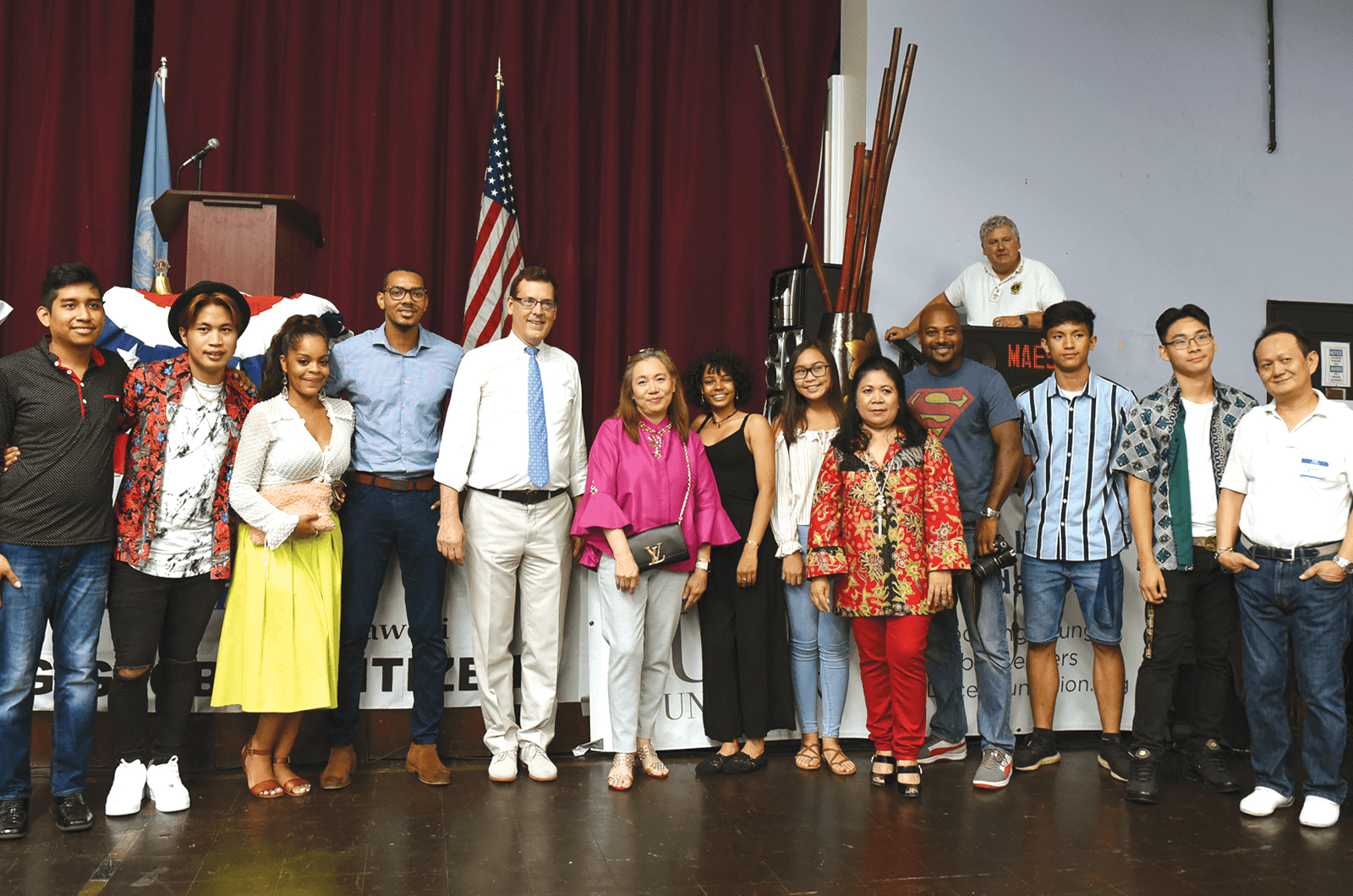
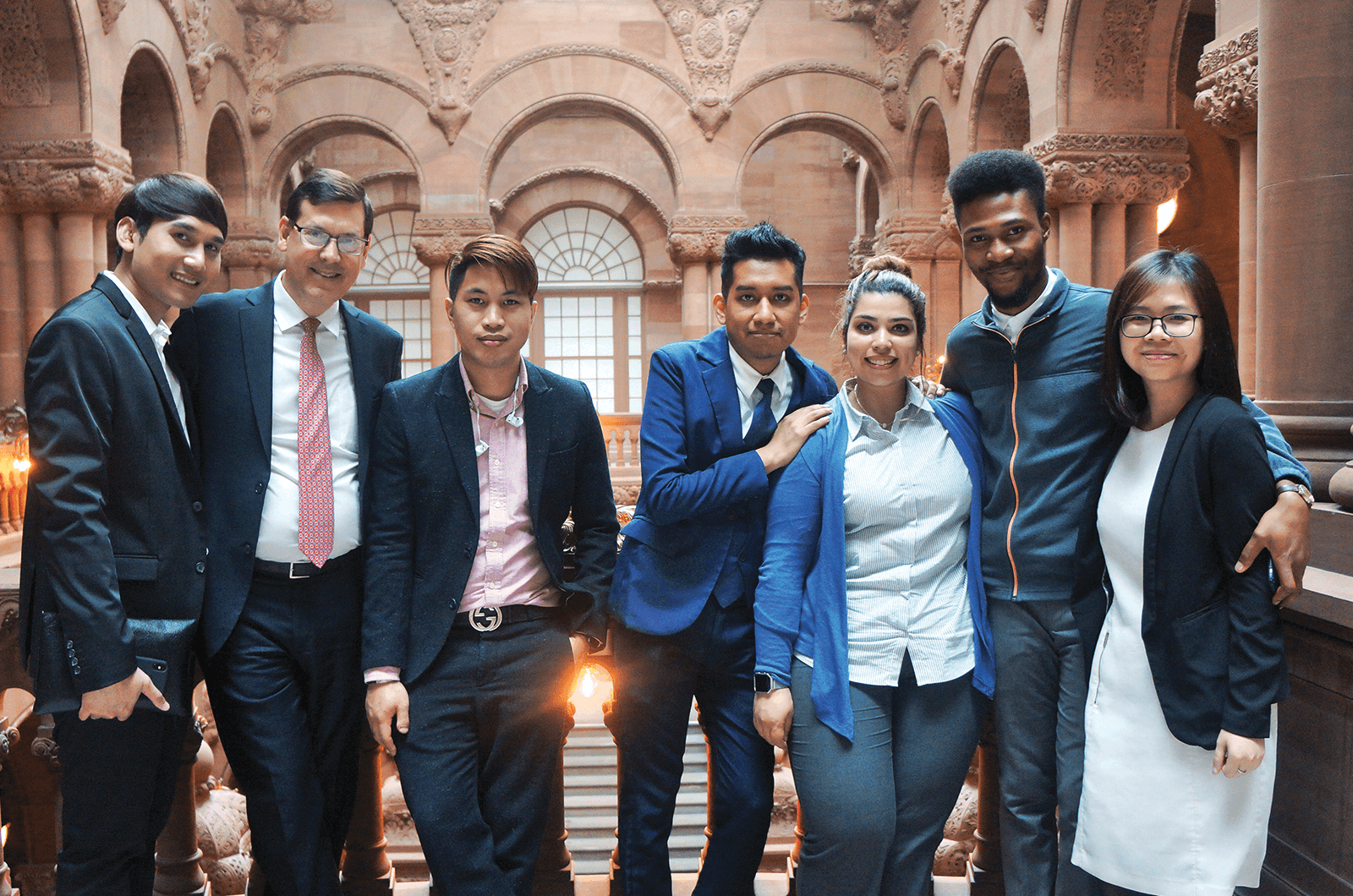
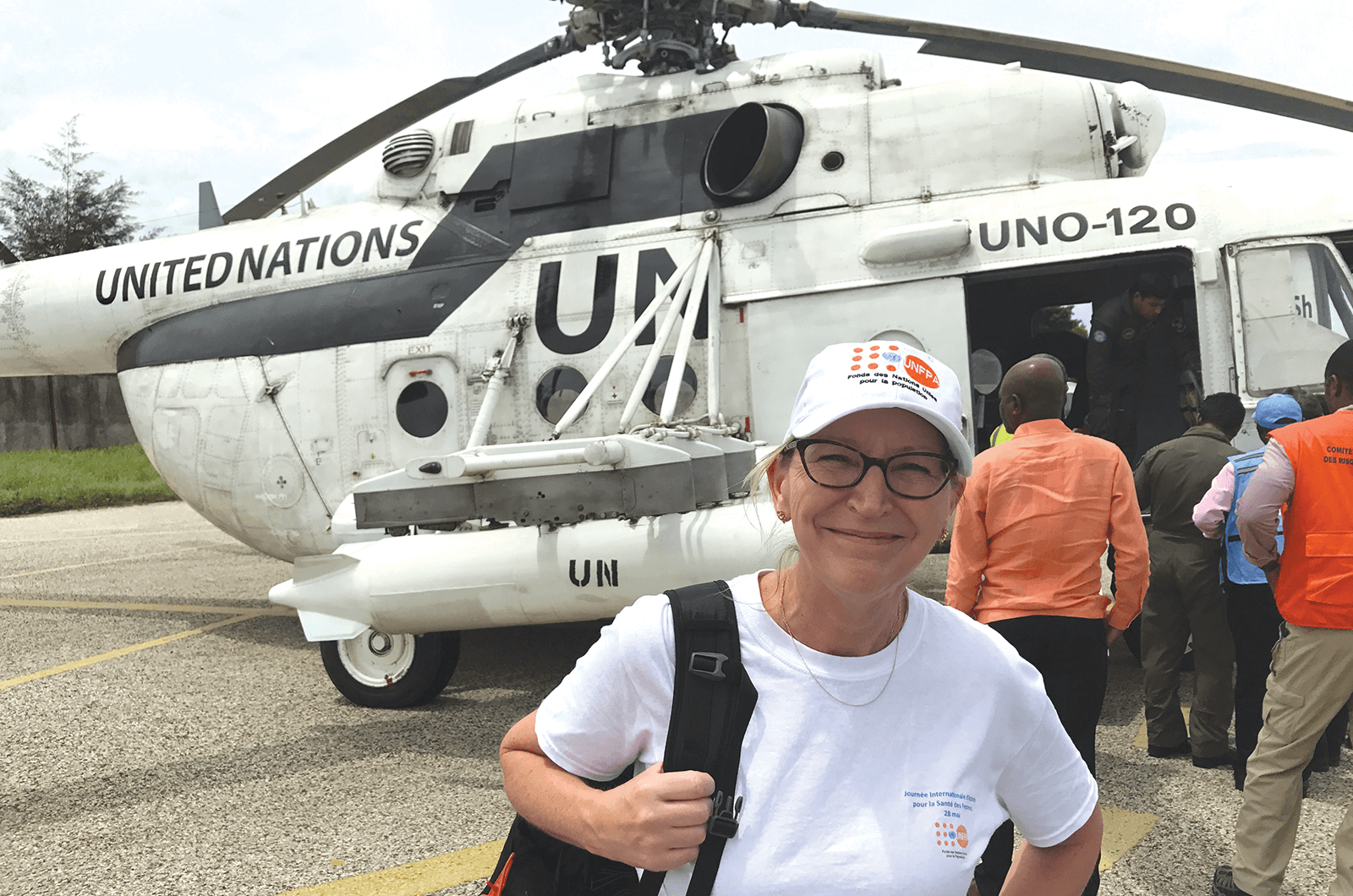
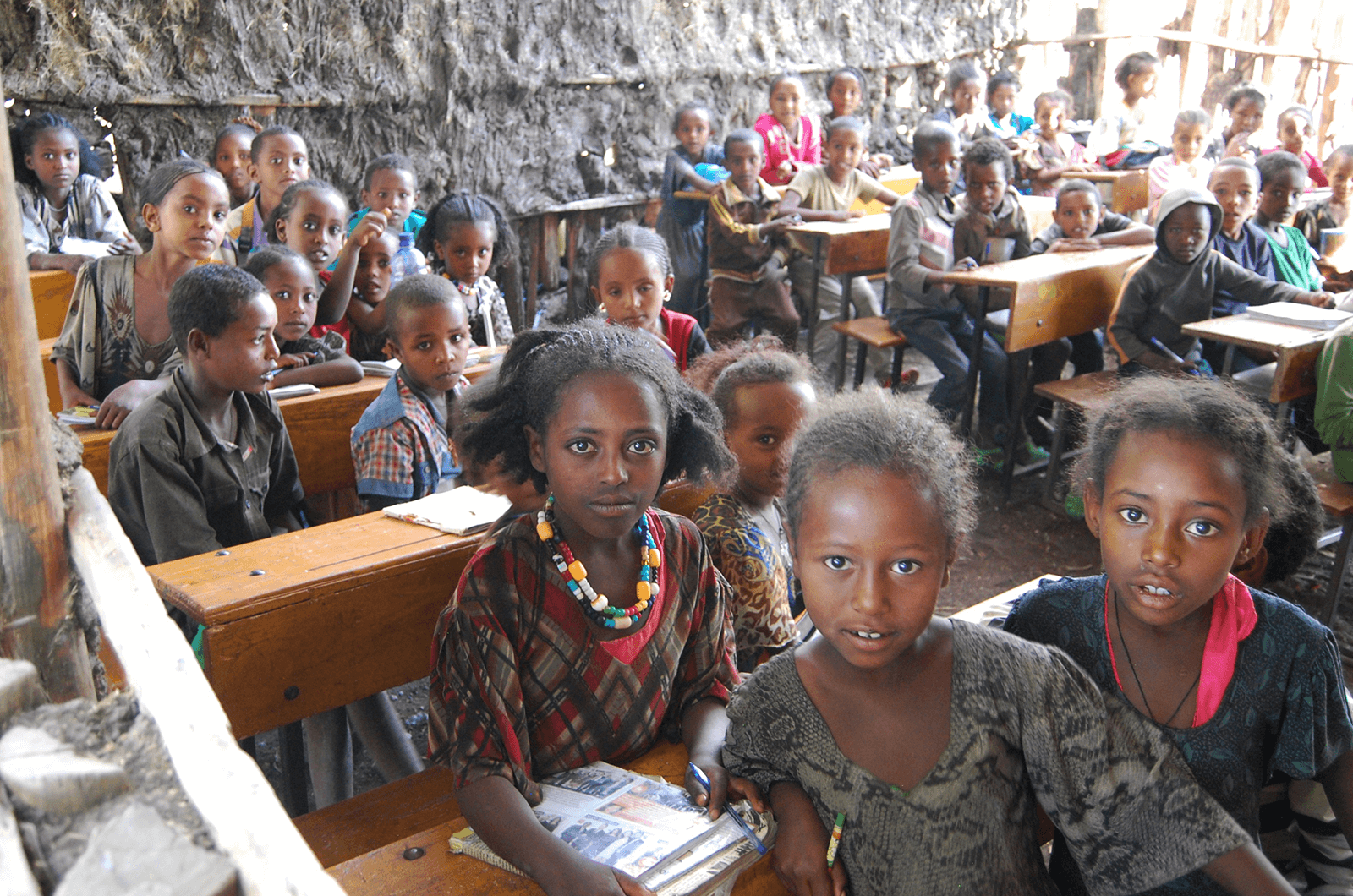
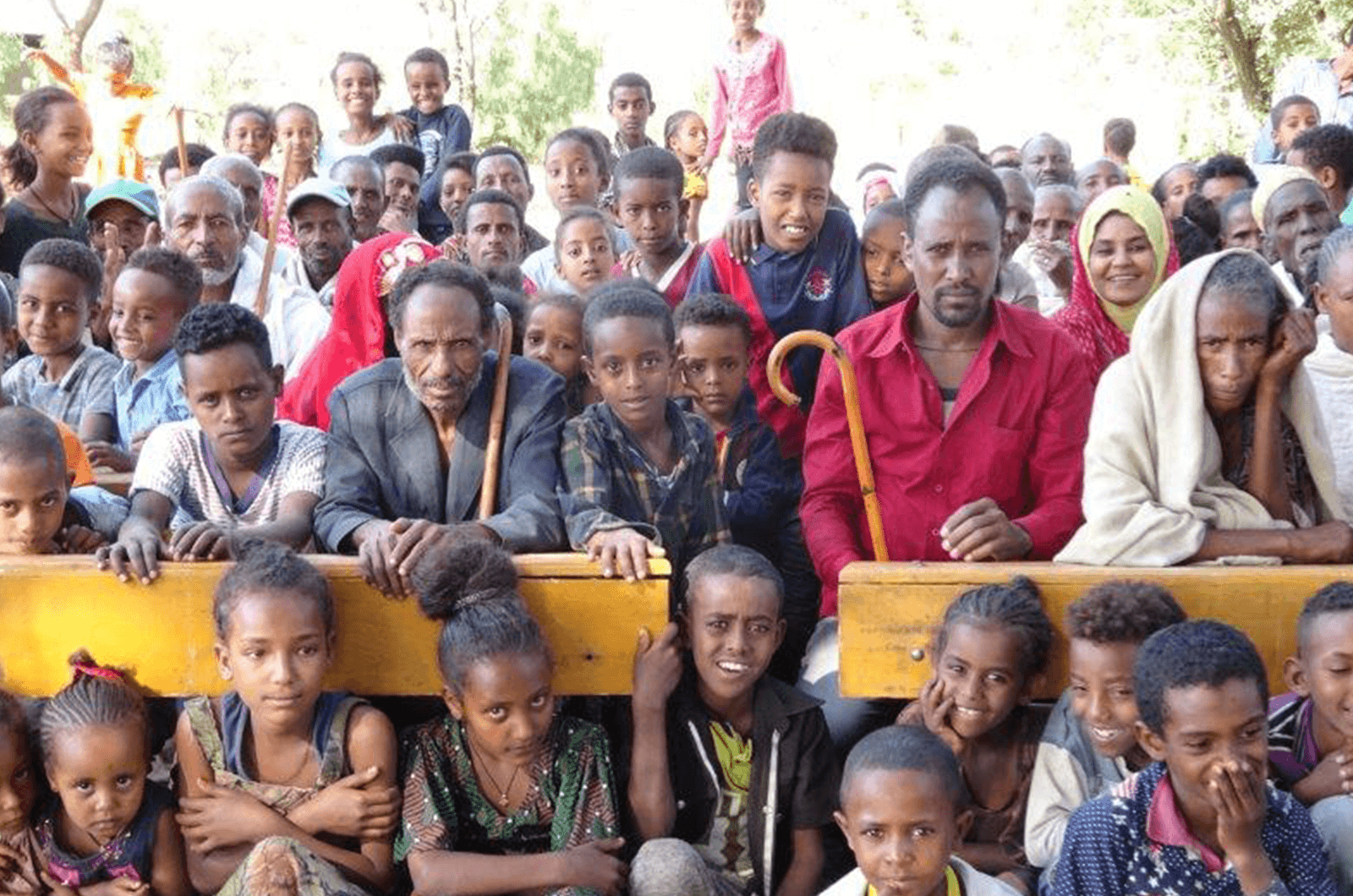
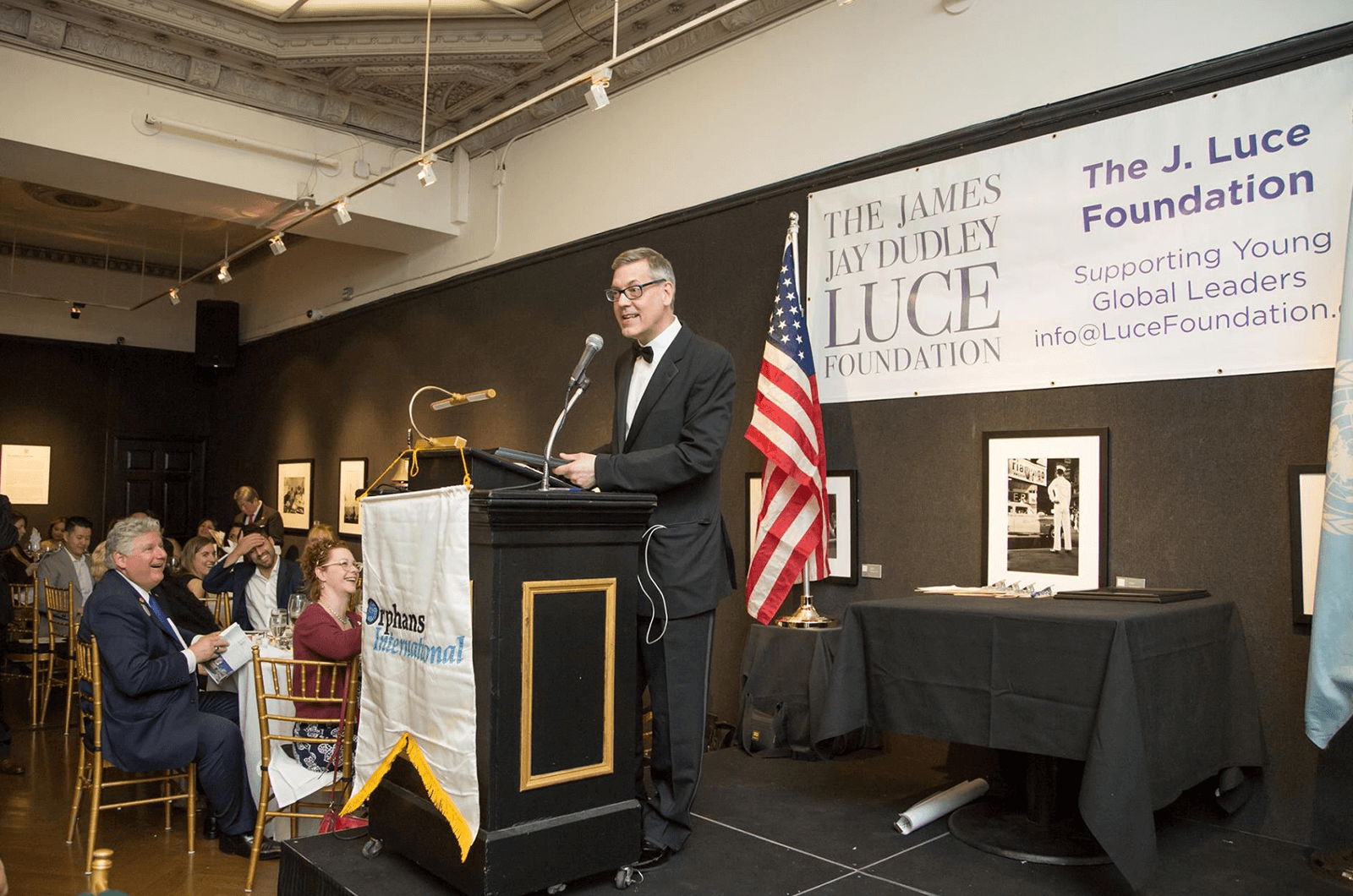
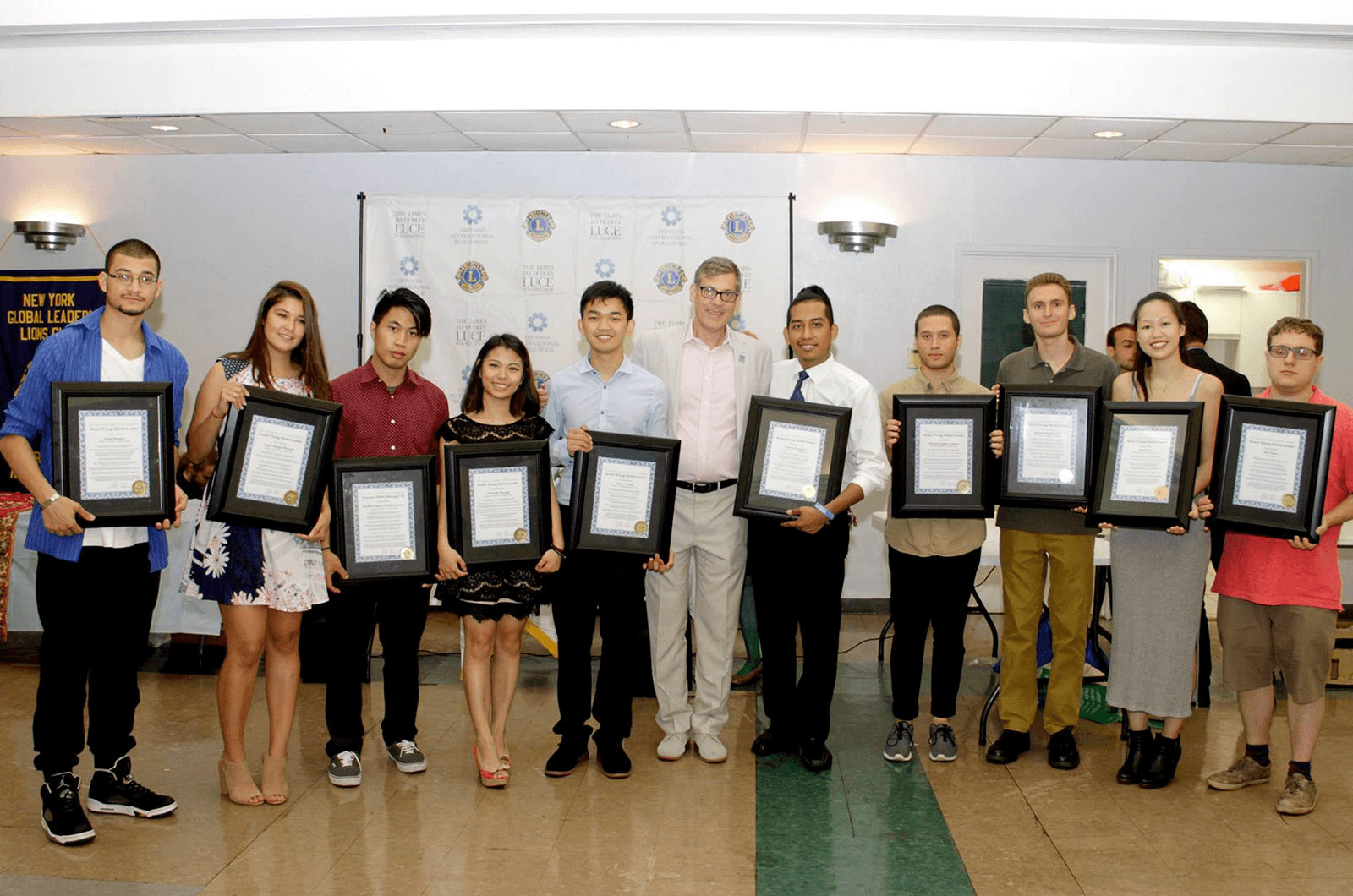
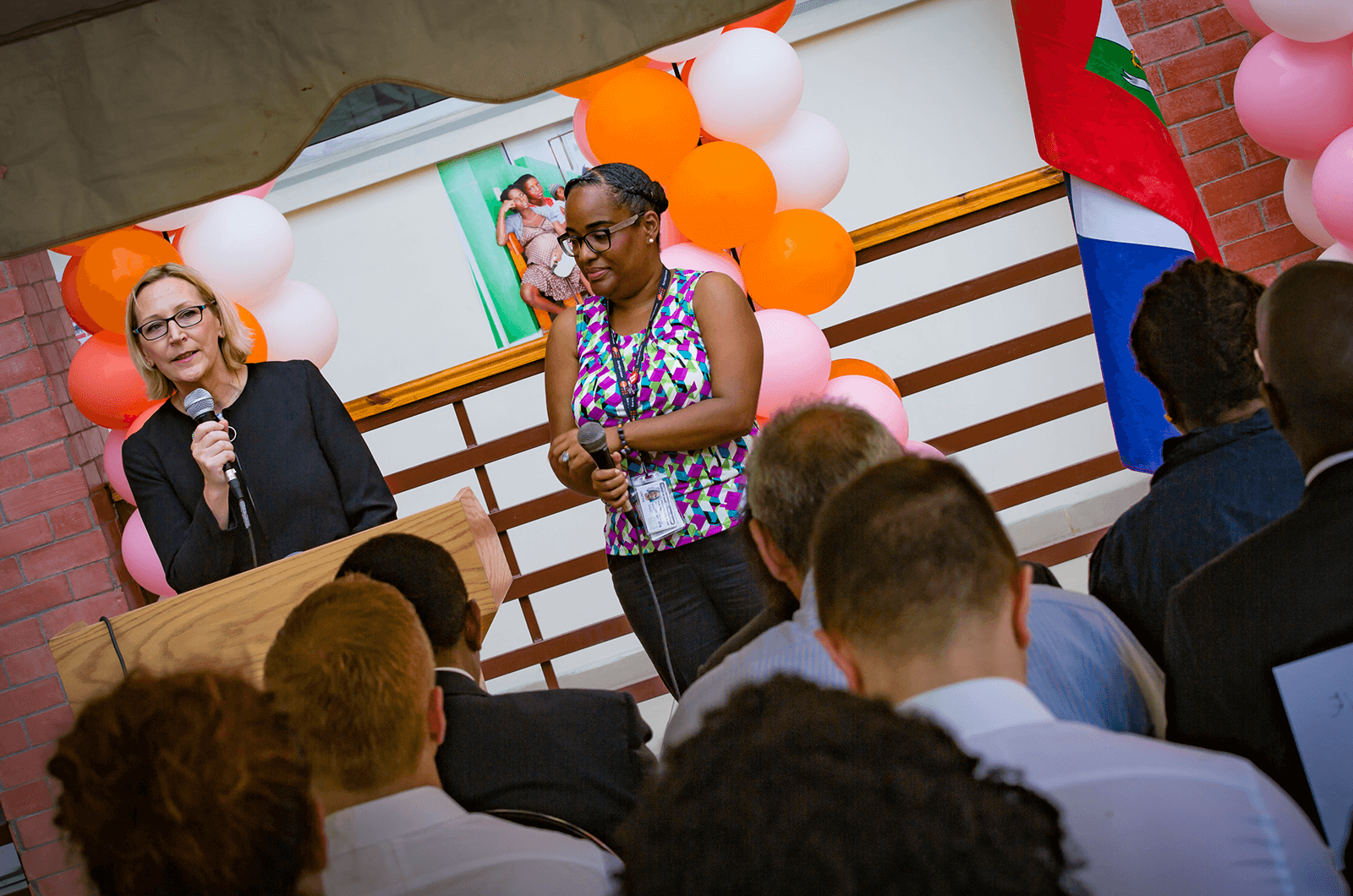
Lesley Stephenson
Lesley Stephenson, ACG, CLB, of Zurich, Switzerland, has spent the past decade working in rural northern Ethiopia. What started as a fundraising pledge has become a way of life, with Stephenson now spending up to six months per year in the region of Raya-Azebo, where she represents a Swiss-based charity she founded with her husband 10 years ago, Ethiopian Enterprises.
Her work for the past five years involves funding and monitoring the rebuilding of a model rural school, overseeing projects at six satellite schools, facilitating a high school scholarship program, and fighting human trafficking and corruption. With a team of three other non-paid board members, volunteers in Switzerland and Australia, and an Ethiopian project manager, she oversees the overall administration of this comprehensive project.
“Our mission is to make a significant contribution toward the end of poverty in rural northern Ethiopia.”
—Lesley StephensonStephenson and her team have worked with the local government and community in rebuilding the large rural school in the region of Mehoni. “Nearly 1,500 children were being taught in huts made of mud and branches, 60 to 70 students in a class, often without any teacher at all,” she recalls of the early days. “There was not a drop of water at the school—neither for drinking nor for hand washing.”
The result? “Over the past five years we have built a lovely rural school around a rainwater-collection system,” she says with pride. “The students have drinking water. Rainwater is used for maintenance and for growing vegetables, which are sold at the weekly market in the nearby town. The income covers maintenance costs for the water system, classroom cleaning and other expenses. They now also have a library, and I’ve had the privilege of placing into the hands of many children their first-ever reading book.”
Alleviating Poverty
Stephenson first visited Ethiopia 12 years ago as part of her Toastmasters High Performance Leadership project (HPL). She had helped raise money for a Toastmasters colleague who was building a private school in the town of Mekelle. After visiting the school with her husband, Thomas Baumann, Stephenson embarked on her life-changing adventure.
“Our mission is to make a significant contribution toward the end of poverty in rural northern Ethiopia,” she says. “In a country of 104 million people, that is a weighty goal. Still, over the past decade we have raised 1.8 million for our long-term projects and so far have positively affected the lives of around 50,000 people.”
Stephenson joined Toastmasters in 2002 to enhance her skill as a professional speaker and corporate communications trainer. While her corporate work continues, she now splits her time between Ethiopia and Switzerland and uses her communication and leadership skills to advance the cause that has become her passion.
“My work with Toastmasters has helped me at several levels,” says Stephenson, who founded the Zuriberg Toastmasters club in Zurich, Switzerland, and has twice placed in the International Speech Contest semifinals.
“I have to communicate on a regular basis with local government officials, the department of education and even the police. I deliver workshops for staff members at numerous schools, and of course I communicate daily with many of our 1,500 students. I also speak regularly at school events and meetings. So my ability to listen and to present arguments and facts clearly is essential, especially when discussions are complicated by cultural differences and, sometimes, by interpreters.”
In addition to her educational work in Ethiopia, Stephenson also takes a strong public stand against corruption, which has seen her speaking out in Ethiopian court proceedings. “My Toastmasters training has helped me testify about serious issues like these.”
Learn more about Stephenson’s humanitarian work in Ethiopia.
Jim Luce
During a trip to Indonesia, Jim Luce visited an orphanage where he met a 10-month-old orphan who stole his heart and later became his adopted son, Mathew. But the squalid conditions he encountered at the orphanage left him stunned, and the thought of the other children there drove him to consider launching an international organization to aid orphans. Luce was working to get the fledging organization off the ground, with the help of his mother, when his brother fell ill.
“My brother was dying from pancreatic cancer, and I visited him in Texas,” says Luce. “He asked me if I was serious about creating Orphans International. I said yes, and he said if that was the case, I would need to become a highly effective communicator and leader. He said I needed to join Toastmasters, which he belonged to as part of the software company he worked for. My brother then said he would leave funds for me from his estate on the condition that I join Toastmasters.”
Luce, CL, honored that request and joined the Roosevelt Island Toastmasters club in New York City, becoming club president within two years. In 1999 he successfully launched Orphans International Worldwide (OIWW), which supports orphan care in 12 countries along the equator, including Ghana, Kenya, Cambodia, India, the Dominican Republic and Guatemala. The group’s long-term goal is to end orphanages globally, eventually placing children in their own extended families.
Luce has raised more than 1.5 million for orphaned children and, for that work, the U.S. Congress twice awarded him the Certificate of Congressional Recognition, in 2004 and 2007.
Making a Mark
Luce began his career on Wall Street and says his parents, who were both social activists, influenced him to move into humanitarian work. He founded the James Jay Dudley Luce Foundation, Inc., in 2008 to train and support young leaders “to a place of empowerment for bettering the world.” It includes the Young Global Leaders program, which requires a 200-hour commitment of leadership training, as well as participation in a Toastmasters club. Inspired by Luce’s late father, a college professor who had a special interest in building students’ leadership skills, Young Global Leaders has graduated more than 100 students in the New York City area.
Last year, students in the program traveled to Greece to visit refugee camps and orphanages, and were each given 10,000 by Luce’s foundation to spend on a chosen cause. Giving them the choice of how to spend the money, says Luce, “was designed as a values clarification of sorts.” The students ultimately decided to use the money to fund an all-girls orphanage in Athens.
The children from the first orphanages Luce opened years ago have now begun graduating from college, as has Luce’s adopted son, Mathew, who is carrying on Luce’s mission by serving on the foundation’s board of directors. The cardinal rule of Orphans International is inspired by Luce’s experience with Mathew: Each child in the care of Orphans International should be treated the way a parent would treat their own child.
Read more about Luce’s work with Orphans International and Global Leaders program.
Marielle Sander
When Marielle Sander accepted a leadership position with the United Nations Population Fund (UNFPA) in Haiti, one of her first priorities was creating a local Toastmasters club for her staff there. Sander had previously belonged to a club in Sweden that she found so valuable, it became the one weekly meeting she refused to give up, regardless of other demands on her time.
“I wanted to share the professional growth experience of Toastmasters with my staff and help them become better communicators and leaders in regard to our humanitarian mission,” says Sander, CC, CL, who became founding president of the Inspire Toastmasters Club UNFPA in Port Au Prince, Haiti.
The UNFPA is the United Nation’s sexual and reproductive health agency, providing health care for pregnant women, training midwives and promoting the empowerment of youth, such as giving children, primarily young girls, the confidence to succeed in challenging environments. The organization also consults with the government and medical professionals on issues such as family planning and women’s reproductive health.
The Toastmasters experience has helped both Sander and her staff communicate more assertively yet diplomatically in these settings. “We work on becoming better communicators, so we can increase the knowledge of these issues and arrive at a common understanding for the betterment of all involved,” she says.
Early Start in Kyrgyzstan
Sander’s interest in the wider world was fueled by her father, who was a travel agent and took her to many spots around the world, including homes in Papua New Guinea and Bahrain. “Seeing all the different places as a child made me curious about humanity,” she says. “I have been traveling the globe and been involved in international development work ever since.”
“We work on becoming better communicators, so we can increase the knowledge of these issues … for the betterment of all involved.”
—Marielle SanderSander, who began her career working as a volunteer for the United Nations in Kyrgyzstan, has since accumulated more than 15 years of managerial and technical expertise in combating human trafficking, fighting labor exploitation and working to protect vulnerable populations like women and children at risk.
Because quality data is needed to measure the UNFPA’s progress against its goals, Sander and her team launched the first national census in Haiti since 2003—and the first since the catastrophic earthquake that hit the country in 2010.
“By this time next year Haiti will have a much better idea of who is living in the country, where they’re living and what their conditions are,” she says. “That will help the government better plan how to provide health and educational services, build roads and schools, and will also help guide the donor community in investing funds.”
Sander says her experience working with staff in a Toastmasters setting has paid dividends over her career and at the UNFPA. “Thanks to the platform Toastmasters has given us, we have seen a transformation in staff members taking control of their own destiny. It has given them an opportunity to see the potential in each other,” Sander says. “The important thing in this line of work is to try to make the connection between our highest aspirations and our highest selves in the work we do each day. Then it becomes easier to persevere through the challenges of trying to make the world a better place.”
These dedicated Toastmasters use their communication and leadership skills not only to advance their own lives but to comfort the afflicted, aid vulnerable populations and serve the greater good. They have chosen paths less traveled; they speak out and lead in sometimes difficult circumstances. In so doing, they inspire others to do the same. They walk the Toastmasters talk.
Dave Zielinski is a freelance writer in Minneapolis, Minnesota, and a frequent contributor to the Toastmaster magazine.






